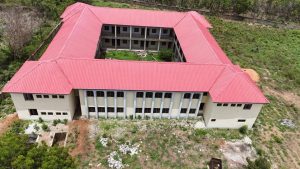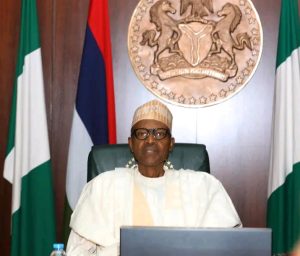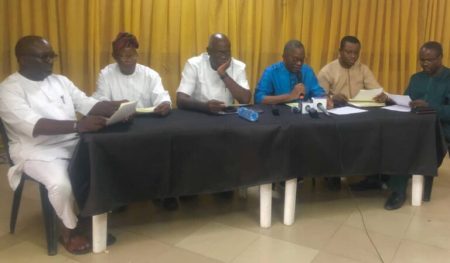Obanla Ridwan Olawale

Economists are raising concerns over the Federal Government’s plan to increase its reliance on the Central Bank of Nigeria’s (CBN) Ways and Means advances to address revenue shortfalls. Experts warn that this move, led by President Bola Tinubu’s administration, could further strain the economy by exacerbating the ongoing cost-of-living crisis.
Earlier this month, the National Assembly passed a bill allowing the CBN to double the percentage of Ways and Means loans it can provide to the Federal Government, increasing the cap from 5 percent to 10 percent of the previous fiscal year’s revenue. This legislative change was made at the request of the president.
However, economic analysts argue that this approach could have serious consequences. Samuel Nzekwe, an economist, highlighted that these advances are not supported by actual productivity, which could lead to an oversupply of money in the economy. He warned that this might further devalue the naira and increase inflation.
“The problem with Ways and Means is that it is not backed by any productivity. Money will flood the economy, leading to higher inflation, and it will depreciate the naira. This will create more problems in the economy. How can the Federal Government tame inflation while borrowing from the CBN? It is not the best option. We should look for other revenue sources, stimulate productivity, and create a more enabling environment for industries to thrive, which would allow the government to generate revenue through taxes,” Nzekwe said.
Iniobong Usen, head of research and policy advisory at BudgIT, also expressed concerns, emphasizing that borrowing should be controlled and adhere to legal standards to avoid further economic instability. He pointed out that the high interest rates on these loans, which could reach up to 30 percent, would further burden the government.
“It must not be 10 percent because it is evident that the government cannot pay back,” Usen cautioned.
The Federal Government currently has outstanding debts of over N30 trillion owed to the CBN, which, according to Section 38(3) of the CBN Act 2007, makes it illegal for the apex bank to grant further advances unless these debts are repaid.
Usen suggested that the government should focus on improving revenues from the oil sector, noting that oil production remains below expectations.
On the other hand, Bamidele Opeyemi, the Senate leader, defended the increase in Ways and Means, arguing that the additional funds are necessary for the government to meet its growing financial obligations, especially in financing budget deficits and other essential expenditures. He also noted that, for the first time, the National Assembly passed a budget with more capital than recurrent expenditures, which, according to him, would inject money into the economy, potentially stimulating growth and creating jobs.












